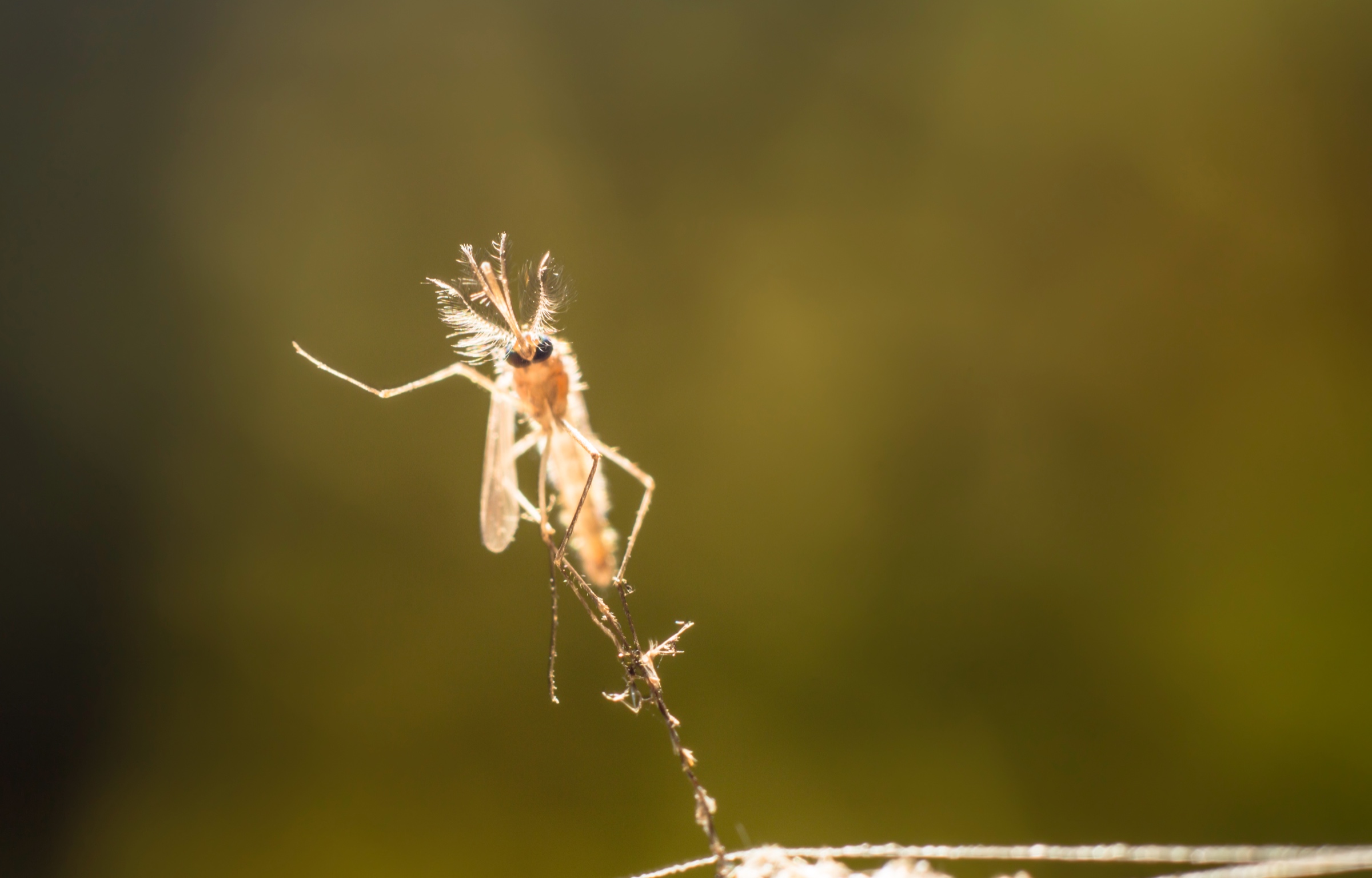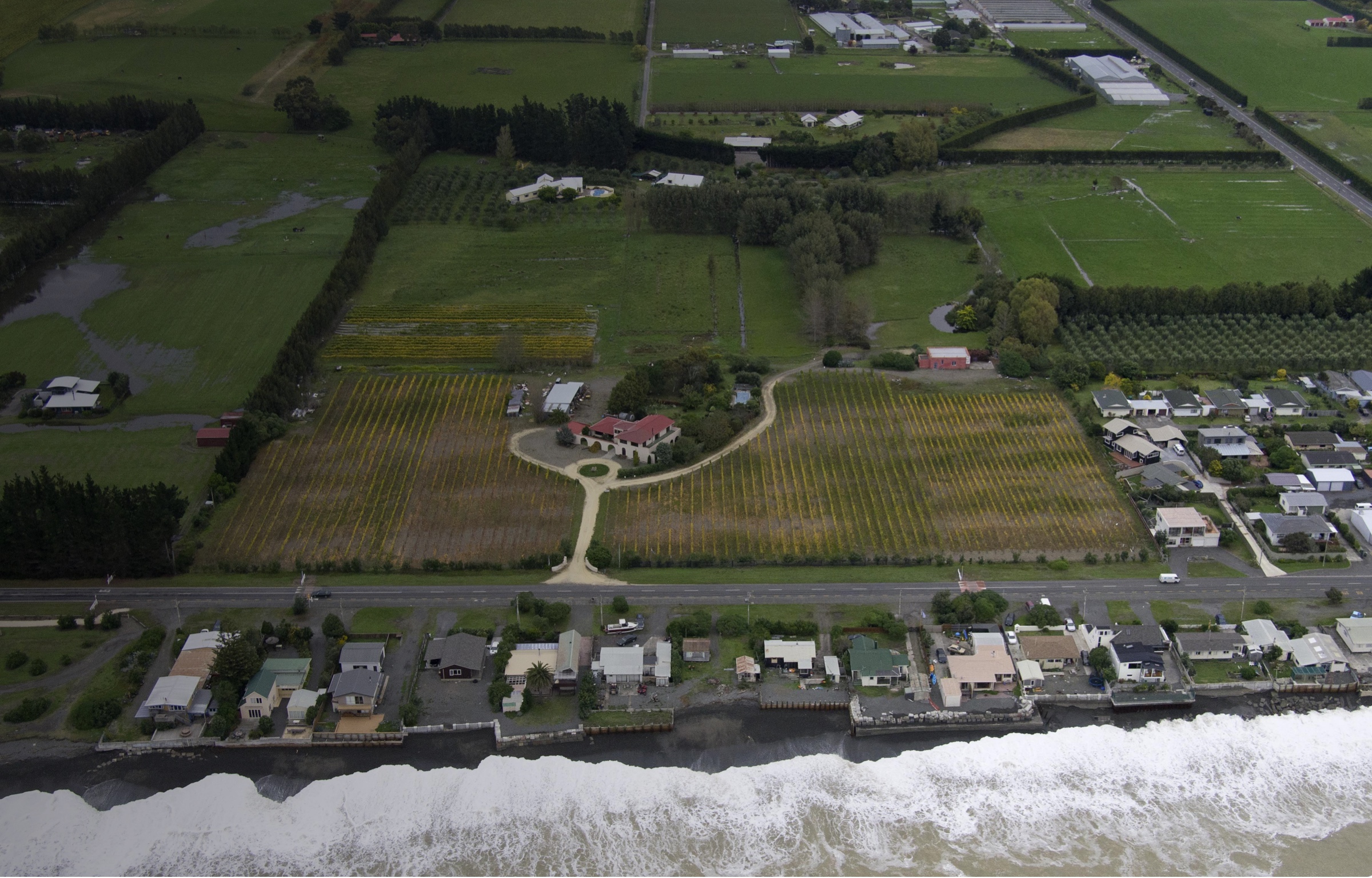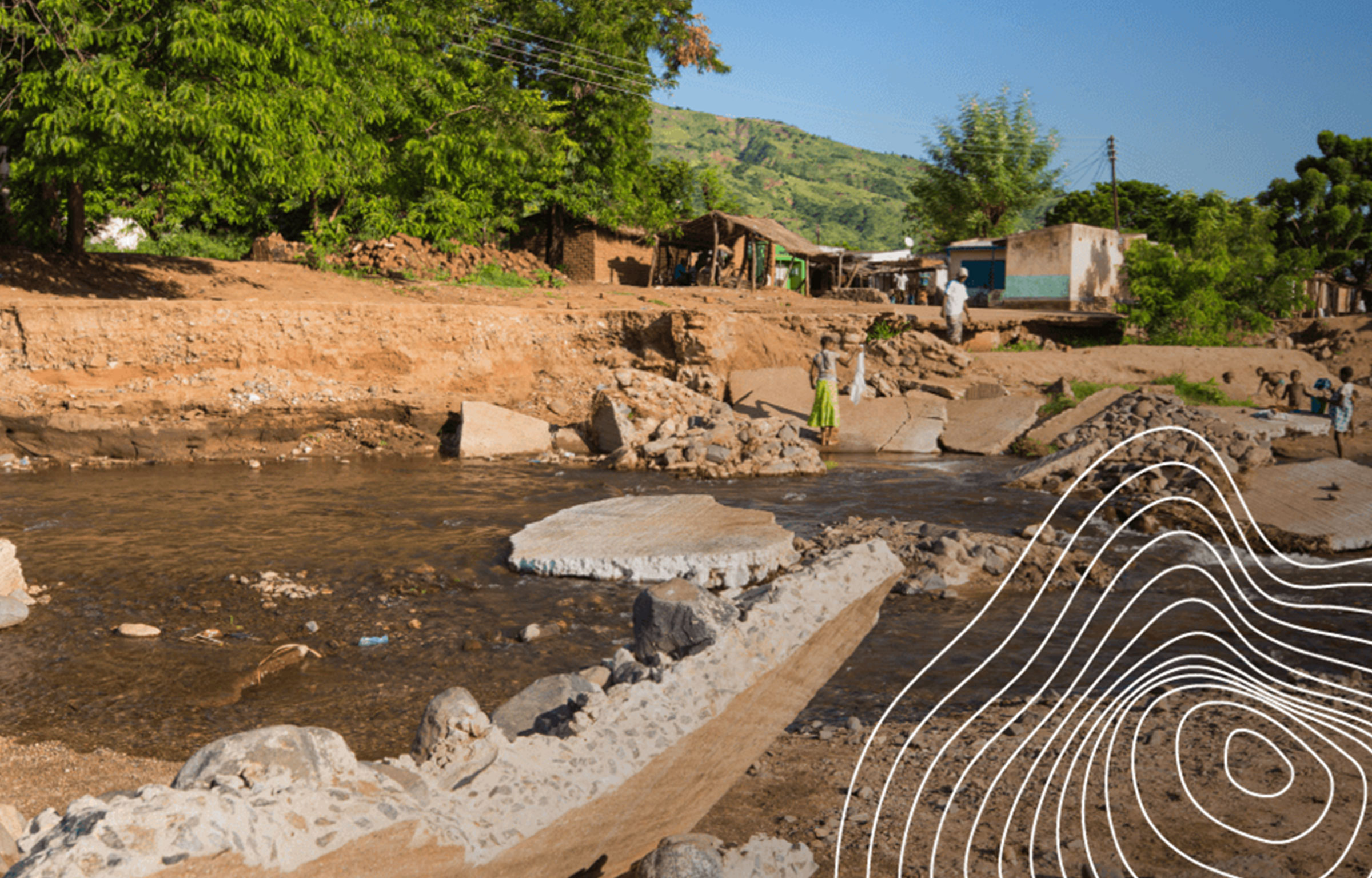How Gen Z are taking on eco-anxietY
Feature presented by the Global Climate and Health Alliance.
Concerns for the future of the planet are rising among the younger generations. Now it’s impacting their mental health. Across the world, Generation Z are confronted with the long-term prospect of climate change – and it can have an impact on their mental health. A survey of 10,000 people aged 16-25 from 10 different countries revealed that 45% feel climate change “negatively impacted their day-to-day life”
Eco-anxiety, or anxiety caused by concerns for the climate, can show in similar ways to other forms of anxiety or distress. From behavioural issues, stomach aches and headaches, to feeling out of control or in danger, eco-anxiety can have a lasting effect on the wellbeing of young people. But some people experiencing environment-related distress might not realise the impact that climate change is having on their lives.
“I speak with colleagues from other parts of the world, and for them the term eco-anxiety is really clear. But it’s slightly twisted in my country, because a lot of patients that I work with are not educated [about climate change], let alone understand the mental effects of climate change,” says Poorva Patil, a psychiatrist in training and founding committee member of the Youth Climate and Health Network (YCHN) from Maharashtra state in western India. “A lot of my patients are already facing anxiety and depression, but they do not connect it to the climate.”
Farmers in this region, and elsewhere in India and other climate-threatened countries, face devastation from failing crops as droughts, floods and extreme weather becomes more common. “These problems are already showing up in different ways in different demographics who don’t realise that this is eco-anxiety,” she says.
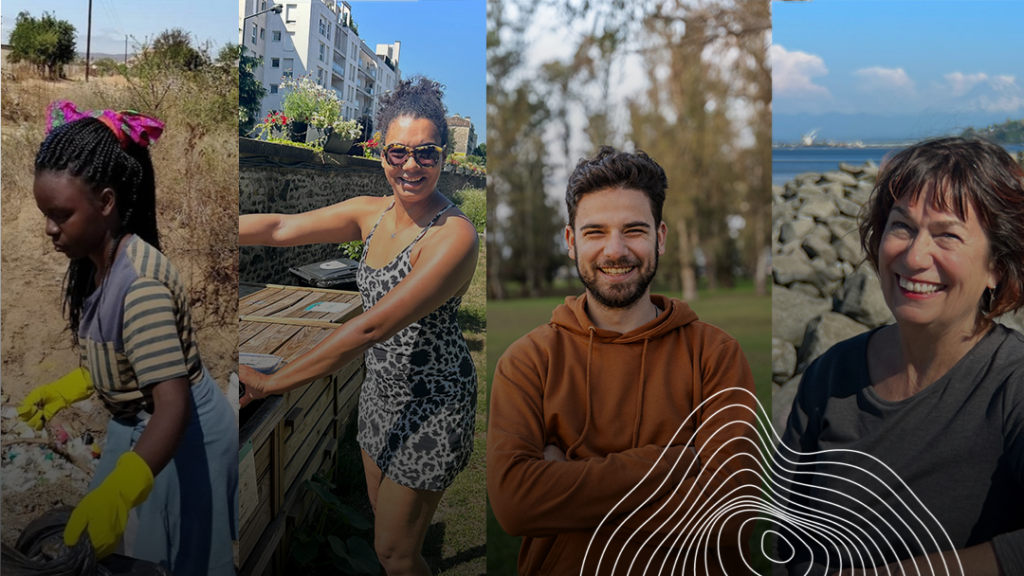
Amit Singh, another member of the YCHN, adds that communities around the world have been coping with the impact of climate change for a lot longer than people in countries like the UK, where he lives. “I think communities such as in India, Latin America and in Africa have been aware of climate change on a more personal level for a much longer time,” he says. “They have experienced it, understand it and realise the depth of how bad it really is.” For many people, he says, not feeling optimistic about the future of the environment is justified.
Leslie Davenport, a climate psychology educator and author, researches how climate change impacts our emotional wellbeing and says that feeling concerned about the climate is valid. “Feeling this anxiety around climate change is an indication that you’re caring, you’re paying attention, and you’re empathetic,” she says. “We feel these emotions for a reason, so if you’re scared, it’s because there are threats and risks. If you’re angry, it’s because injustices are happening.”
Davenport has written books for children, and aims to provide them with the tools they need to navigate a changing world with emotional resilience and knowledge. “We need to make it so when we talk about climate science, there is space for kids to also talk about their feelings and be given these emotional resiliency tools to deal with them,” she says.
Feeling this anxiety around climate change is an indication that you’re caring, you’re paying attention, and you’re empathetic — Leslie Davenport
With this in mind, organisations like the YCHN and Climate Mental Health Network are engaging with young environmentalists around the world to discuss the mental impact of climate change. Abhay Singh Sachal is a Canadian member of the Network and the founder of Break the Divide, a non-profit which aims to connect young people to discuss issues within their communities to do with climate change and mental health.
“Among the youth, there’s this deep sense of burnout, from taking climate action in a physical sense to the emotional and mental burnout that comes from viewing all the world’s issues through a climate lens and feeling guilty for not doing enough,” says Sachal.
His eco-anxiety can manifest as homesickness. “It’s like a sense of nostalgia for a place I once knew and am watching be destroyed. That feeling often happens to me when the wildfires in Canada are rampant every summer. This sense of guilt and also hypocrisy that I am contributing to the system. It’s a lot to process,” adding that he believes bridging the gaps between communities through education and awareness is essential in tackling climate change and the anxieties that come with it.
Georgia Welford-Tuitt, a Master of Public Health graduate and advisor on the Climate and Mental Health Network Gen Z panel adds that everyone can be engaged in climate action, regardless of their background. “you [don’t] need to have a master’s degree or to have studied environmental science to be active in this. No matter your skill, you are needed in the field,” she says. “Every movement needs an accountant, a writer, and someone who can take a powerful photograph. I think there’s a role for all of us.”
Welford-Tuitt, who lives in Paris, says she has had to reframe her thinking to adapt to eco-anxiety. “I stopped looking at the bigger picture and started thinking small and locally, which helped my eco-anxiety. Now I can manage my expectations and the stress I put on myself to do more.”
Climate change directly contributes to poverty, economic and infrastructure destruction, and the displacement of communities, which means social justice plays a big role, says Davenport. In developing countries, dealing with poverty and economic disruption often trump the issues of tackling climate change and dealing with the mental impact of it.
Ahmed Al-Kheerow is a product designer and environmentalist in Iraq, and a member of the Jiyan Foundation for Human Rights which provides healthcare in Iraq and Kurdistan. “We work to reduce stigma and improve dialogue, intending to bring people from different backgrounds and religions together,” he says. “Some people are resistant, but we find that once you start to show them the impact, they’re inclined to act on it.”
But Al-Kheerow says the climate and mental health isn’t seen as a top priority in Iraq. “If you start mentioning climate mental health issues, people will probably turn around and ask, ‘Why would you care about that when we have such poverty?'” he says. “When events such as the earthquakes in our neighbouring Turkey are happening, the mental impact of that is, in my opinion, a bigger concern than war for many people. But people in my community aren’t aware enough to discuss that, which is what needs to change.”
Some people are resistant, but we find that once you start to show them the impact, they’re inclined to act on it — Ahmed Al-Kheerow
This same lack of communication is felt by Shelot Masithi in South Africa. Founder of the non-profit #She4Earth, she works to educate children and young people in her community about climate mental health and the climate crisis.
“From an African perspective, we don’t have the practical sense of providing mental health solutions to people who have things like depression, trauma or PTSD, because it’s not discussed,” says Masithi. She believes more needs to be done to allow space for young people to be directly involved in making change high up. “I think older decision-makers need to step aside and be the advisors, while young people are the orchestrators of mitigating climate change,” she says, adding that more could be done to help younger people from the Global South and marginalised communities to attend climate conferences.
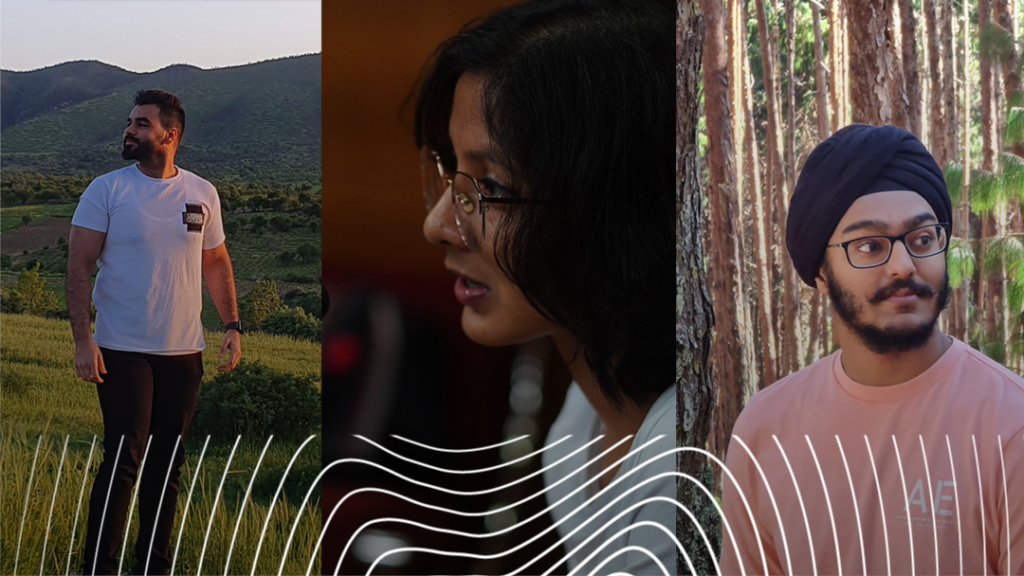
Shelot’s eco-anxiety is triggered by challenges that might be unfamiliar to people in the Global North. “Anytime, there could be no water coming out of the tap. That gives me anxiety. You don’t know how long it’ll last – a day, a week, a month – and it’s so frustrating,” she says. “This means people can’t water crops, or their gardens to feed themselves, which takes away their ability to be self-sufficient.”
In Buenos Aires, Argentina, Eyal Weintraub is also working to improve education about climate change, and co-founded Youth for Climate Argentina in 2019. “We wanted our voices to be heard on the problems we face in Latin America,” he says.
When it comes to mental health discussions in the community, Weintraub’s experience is positive. “Argentina is a country that gives a lot of importance to mental health, it’s not taboo to talk about here in my experience,” he says. But the country has a large population living in poverty. “So, people aren’t worrying about mental health in terms of climate, they’re worried about affording rent, food and keeping a job first and foremost.”
Weintraub deals with his anxieties around climate change by taking time for himself and not letting the weight of his work overwhelm him. “People experience burnout in this field, and I get why. But with proper structures and support systems in place, that can be avoided,” he says.
COP2, an initiative working with the World Health Organization and with the Race to Resilience initiative launched in 2021, is building capacity within communities of all kinds to foster mental resilience. Recognising the importance mental resilience in a changing world, their aim is to help people and communities to manage the anxieties climate change can trigger and take the actions they need to respond to climate change.
Such mental resilience and climate action can go hand in hand. Amit Singh, one of the founding committee members of the YCHN, says that when he feels hopeless about climate change, he can also feel empowered to take action “because I feel that is the only way that there is any chance of success”.
Singh concludes that younger people have a lot of power when they work together. He says that it can sometimes feel like younger people are being left with the responsibility to resolve the challenges of climate change, but this is motivating people like him to come together. “Our power is in our numbers, in our solidarity and kinship with one another.”

